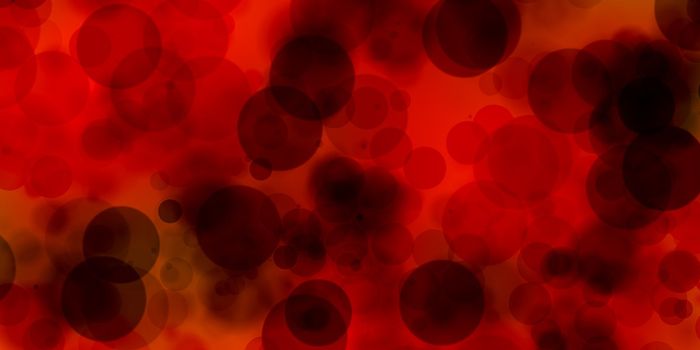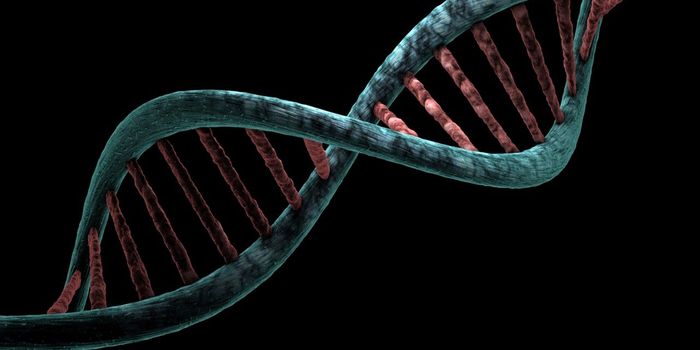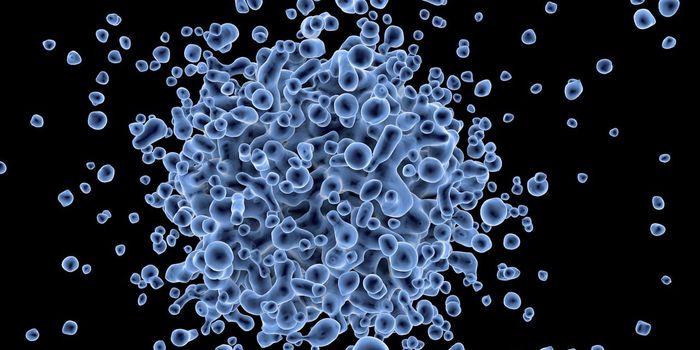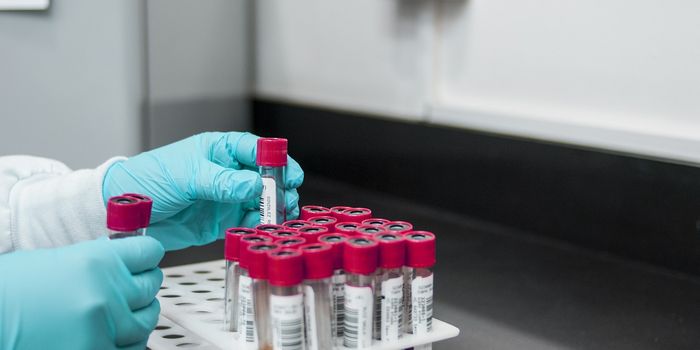New Year's Resolutions are Good for Your Health and Cancer Prevention
Just about a week into 2025, how are you doing with keeping your New Year’s resolutions? Many of us use the start of each new year to motivate us to become healthier and happier!
Celebrations marking the start of a new year have been going on for at least four millennia! Recorded festivities date back to ancient Babylon 4,000 years ago. Here, the new year started in late March after the vernal equinox when the first new moon rose. The ancient Babylonians held a religious festival called Akitu, which lasted 12 days and included daily rituals.
In 46 BC, with input from mathematicians and astronomers, Julius Caesar developed the Julian calendar, making January 1 the first day of the year. Januarius (the ancient name associated with January) honors Janus, the Roman god of new beginnings.
The tradition of making resolutions to mark the new year may have evolved from ancient Babylon and Rome customs. As Akitu served as a religious celebration, the Babylonians promised the gods that they would start the year on a positive note (sound familiar?). Ancient resolutions often centered around paying off debts and returning items borrowed from neighbors. The ancient Romans made sacrifices to Janus and made promises of good behavior for the new year. Early practices in Christianity centered around New Year’s reflection on past mistakes and vows not to repeat those mistakes moving forward.
Today, New Year’s resolutions have become more secular, and many make promises to themselves. According to Pew Research, New Year’s resolutions in the United States are most common in adults under 30 and become increasingly less common as age increases. Across age groups, the majority of resolutions (79%) deal with health, exercise, and diet. Unfortunately, keeping resolutions has many challenges. One study showed that 77% of people kept their resolutions for a week, but only 19% maintained these changes long-term.
To help keep our readers on track as we near the one-week mark, we will explore a little about how some common New Year’s resolutions can promote cancer prevention.
Exercise
Physical activity reduces the risk of several types of cancer and correlates to positive outcomes in cancer survivors. In addition, exercise can reduce complications and toxicities associated with cancer treatment. Under some circumstances, cancer patients who exercise during treatment respond better to therapies, including radiation and immunotherapy.
Weight Management
Many studies have demonstrated that obesity correlates to higher rates of cancer, particularly colorectal, post-menopausal breast, endometrial, kidney, and pancreatic malignancies. In addition to obesity, visceral fat (indicated by waist circumference) has also emerged as a risk factor for cancer. Inflammation, hormones, and metabolism (regulated by insulin and leptin) all play a role in obesity-driven cancer progression. Cancer survivors also benefit from maintaining a healthy weight, and studies have shown that weight loss can improve survival outcomes in some cases.
Maintaining a Healthy Diet
The American Cancer Society recommends a healthy, colorful diet to help reduce cancer risk. Fruits and vegetables, whole grains, beans, and lentils can all help complement a diet rich in vitamins, minerals, phytochemicals, and antioxidants with anti-cancer properties. In addition, reducing the consumption of red meat, artificial sweeteners, and ultra-processed foods could promote cancer prevention.
Quit Smoking
Arguably, the most apparent connection between reducing cancer risk and lifestyle changes centers around eliminating tobacco use. Quitting smoking has a significant impact on preventing cancer mortality. Notably, studies have shown that even quitting tobacco at a later age can positively affect cancer risk.
Thank you to all our readers for starting another year and supporting our work! Best wishes for maintaining New Year’s resolutions long into 2025!
Sources: Pew Research, J Subst Abuse, Br Med Bull, Cancer Letters, Br J Cancer, Surgeon, J Clin Oncol, Clin Nutr, JAMA Oncol









